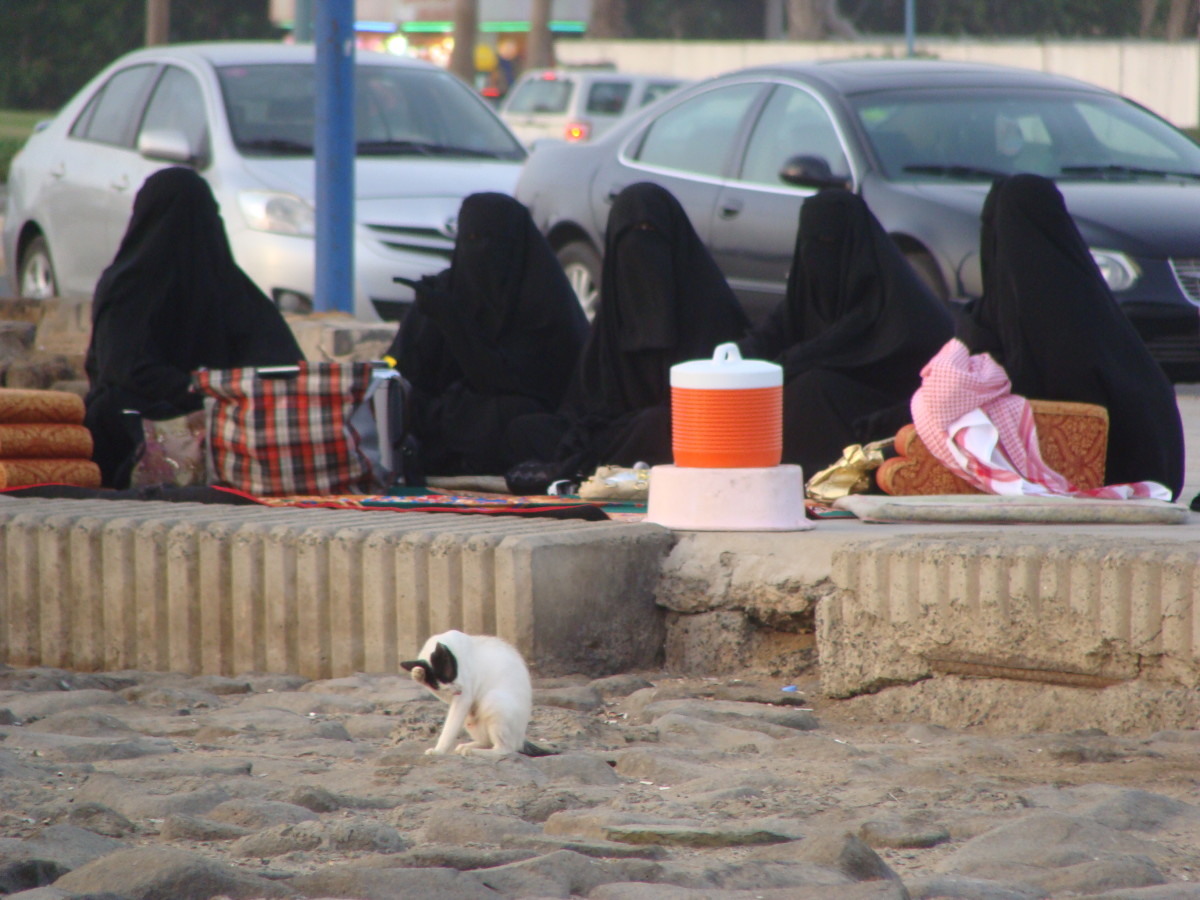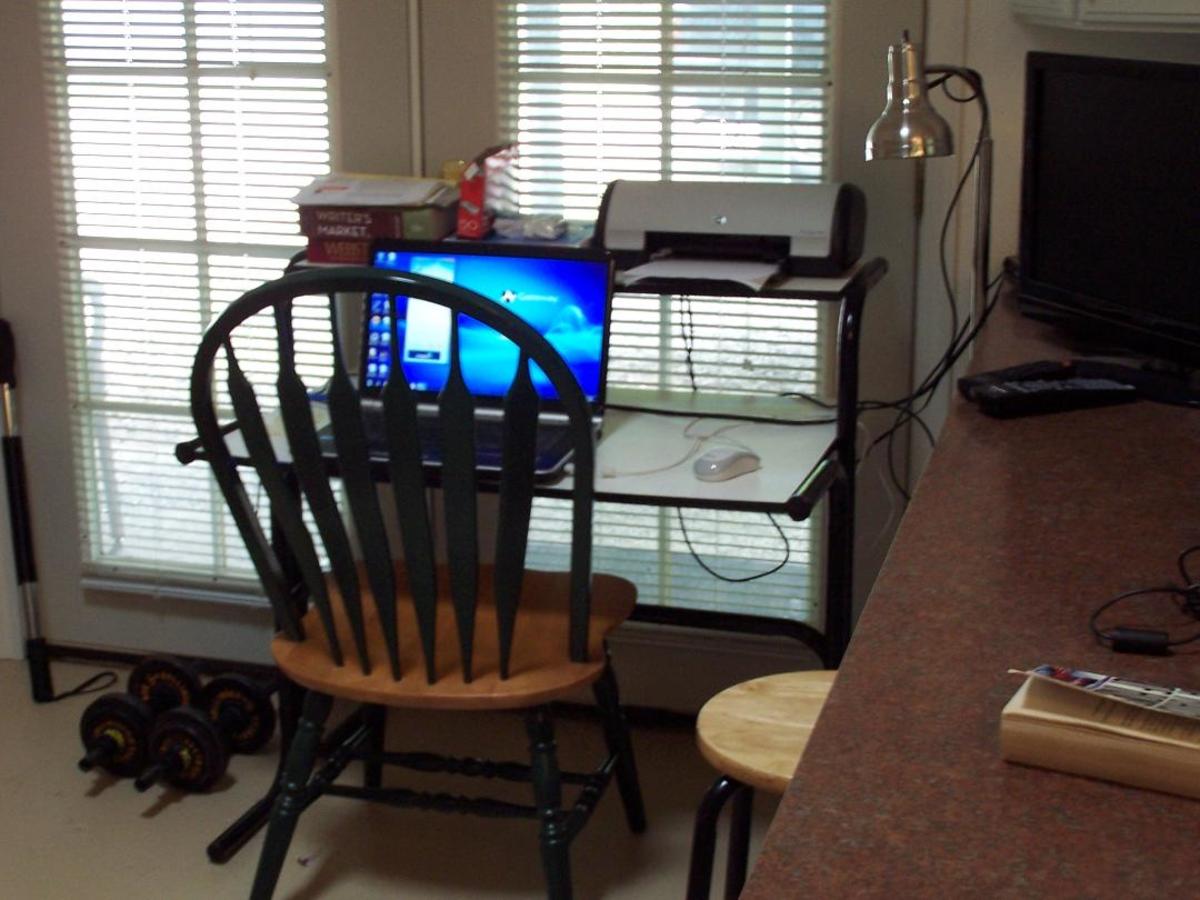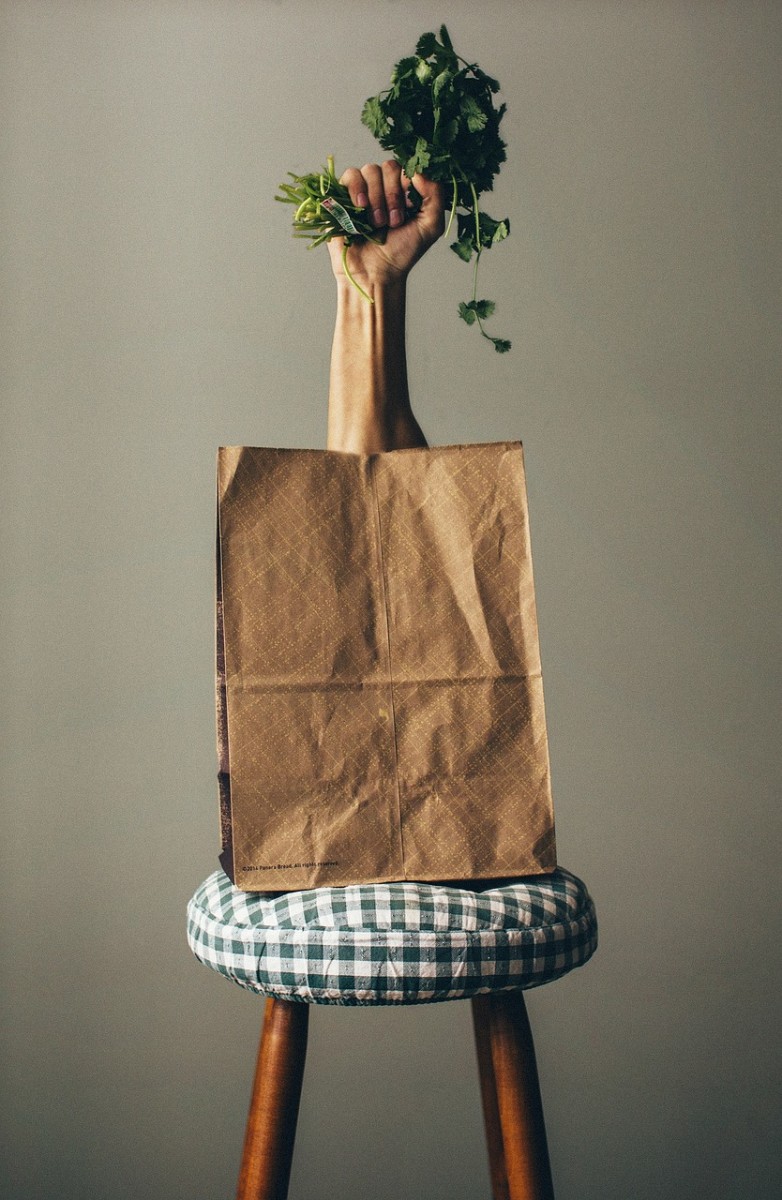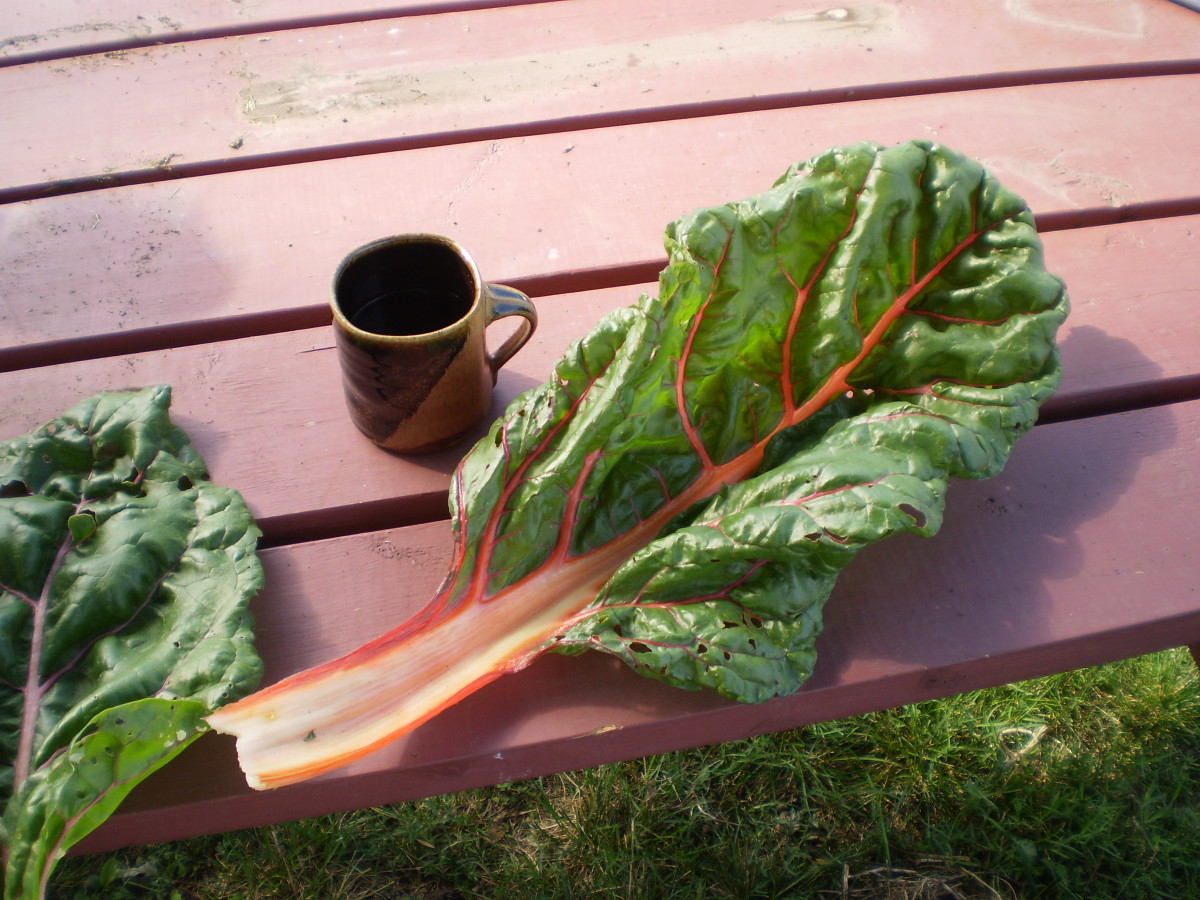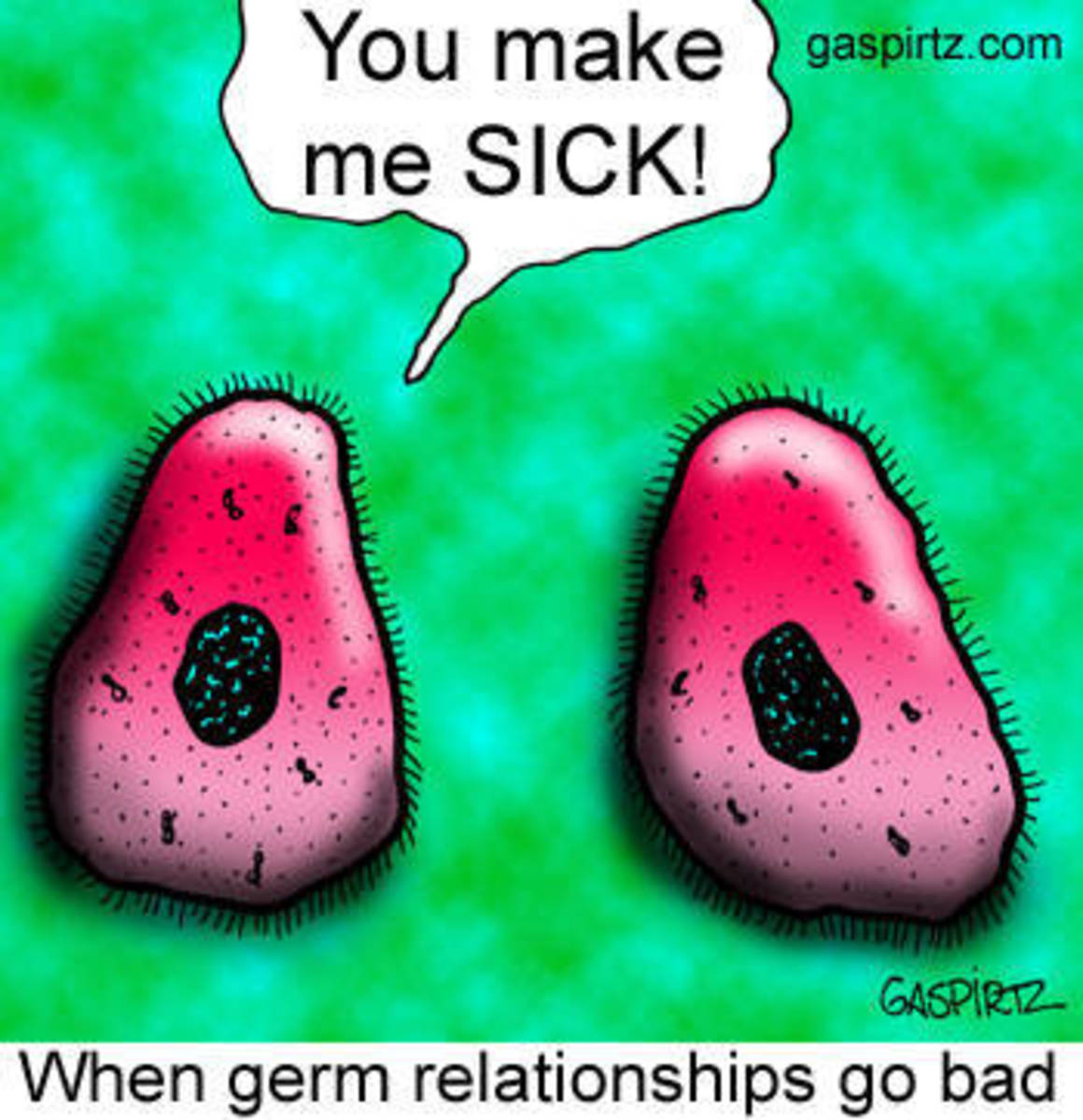Shouldn't Food Regulations Make Food Safe?
Those Rules Exist for a Reason
I used to be able to easily get locally grown food, from beets to beef, from a subscription service called La Vida Local, run by my friend Julie. I used to use this service, that is, until the Michigan Department of Agriculture served Julie with a cease-and-desist order. It seems that instead of being merely a delivery service, she was technically a “Food Establishment” and as such, she had to have handicapped-accessible public restrooms in her basement, among other things. She didn’t, so she had to either comply to rules designed to regulate something else (prohibitively expensive) or stop helping local people buy local food from local farmers. This happened some time ago. At the time, I talked about this with some friends, and I was stunned at the lack of concern. The fact that it’s a Good Thing to be able to easily get good food from local producers seemed so self-evident to me that I could not for the life of me come up with a good response to their blasé “Those rules are there for a reason.” That wasn’t the only response. The responses ranged from “It’s not fair to make a grocery store follow the rules and not the local food club distributor,” all the way to “If someone gets sick, it’s the government on the hook for it.” Of course, self-evidence isn’t a good argument, especially if the people you’re talking to don’t agree that your premise is self-evident. But I’d never spent any time coming up with reasons why I thought that a, having easy access to locally produced food is a Good Thing and b, this particular food delivery service shouldn’t be subject to the same regulation as big chain stores.
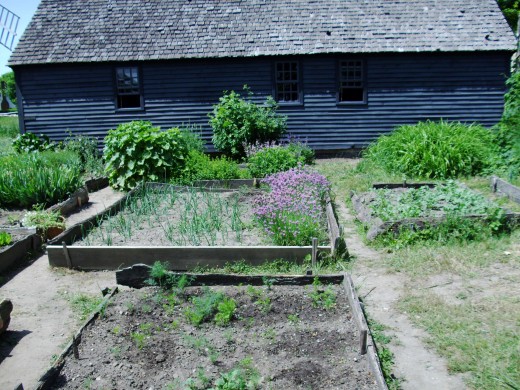
Regulated Food Isn't Necessarily Safer
Now that I’ve had some time to think about it, yes, those rules are there for a reason. The reason is that most of us just haven’t got the time to follow our food from the farm to the freezer section. Even if we did, the people who do things to our food between the farm and the grocery store won’t let us watch them work. Apparently their trade secrets are more important than letting people see for themselves that their food is clean and safe. So because we haven’t got enough time or enough access to our food stream to judge for ourselves if it’s safe to eat those Twinkies, we let the government make rules that food providers have to follow. This lets us feel that our food is subject to inspection by our government officials, who, of course, have the best interests of you and me at heart.
But the problem is that the USDA-approved food is the stuff that is making people sick. It’s not co-ops, or farmers’ markets, or La Vida Local-type businesses that distributed e.Coli-tainted peanut paste across the nation, killing several people and hospitalizing several more. Those tainted nuts came from a government-approved facility. I fee so much safer now, don’t you? Seems to me, if I’m willing to assume the risk involved in eating something that doesn’t come from a government-approved food factory, well, that should be on me, right?
Fair is Fair
I suppose it isn’t fair, though, to make a grocery store follow all those safe-handling rules and not make another food-buying-type-establishment do so. I mean, it costs money to comply with all those rules. That’s money that the grocery store has to spend and that La Vida Local doesn’t. Not fair, right? Making everyone follow those rules ensures fair competition and a level playing field. Except that the regs ensure neither fair competition nor safe food. A small operation without a storefront (like La Vida Local) has no need for handicapped accessibility or customer-accessible washrooms or walk-in freezers or any of the other stuff required by the MDA. It makes no sense to require them unless there’s a reasonable expectation that the general public will need to get in. And then there’s the fact that Julie’s customers know Julie, trust Julie, and believe that Julie is keeping their food safe. We don’t have that same kind of relationship with the managers or owners of the sausage factory or the grocery store. We need someone to keep an eye on those folks. We can keep our own eyes on Julie, and we trust Julie to keep an eye on the growers for us.
But if someone were to get sick after eating something La Vida Local delivered, who would be on the hook for that? Would it be the government? I can’t see how; the government had nothing to do with any of the transactions involved. Would the government be on the hook if I were to eat a tainted tomato from my own garden? From my neighbor’s garden? I’m out of my depth here on the legal aspect of this question, but as many of us in the local food movement know, just because something is legal doesn’t mean it’s right.
It's a Matter of Trust
The rules exist for a reason. The reason is trust. At some point on our past, we as a nation decided that we couldn’t trust the corporate-based food supply, so we gave the government the power to make sure our food was safe, and to shut down people who did not keep our food safe. But now, the evidence is that we can’t trust the government to keep the food safe. The government has been asleep at the switch for many years now when it comes to corporate food suppliers. For example, in 2001, the Sara Lee corporation sold some tainted meats. The resulting listeria outbreak killed fifteen people. Killed. Fifteen. People. But Sara Lee is still going strong. What did the government do to protect us? They made Sara Lee pay a fine of $200,000.00. In 1993, 700 people got sick and four people died from eating undercooked burgers from Jack-in-the-Box. What did the government do? Did they prosecute? Nope. They made stricter rules, not for restaurants, but for meat and poultry producers. How does this make any sense at all? And of course, the corporations who have actually sickened or even killed people with their tainted food are still operating, while La Vida Local, which has a perfect record of zero cases of food-borne illness and zero deaths, is now closed down.
I don’t trust the MDA to keep my food safe. I do trust Julie. The rules are there for a reason. But is the reason a good one?


